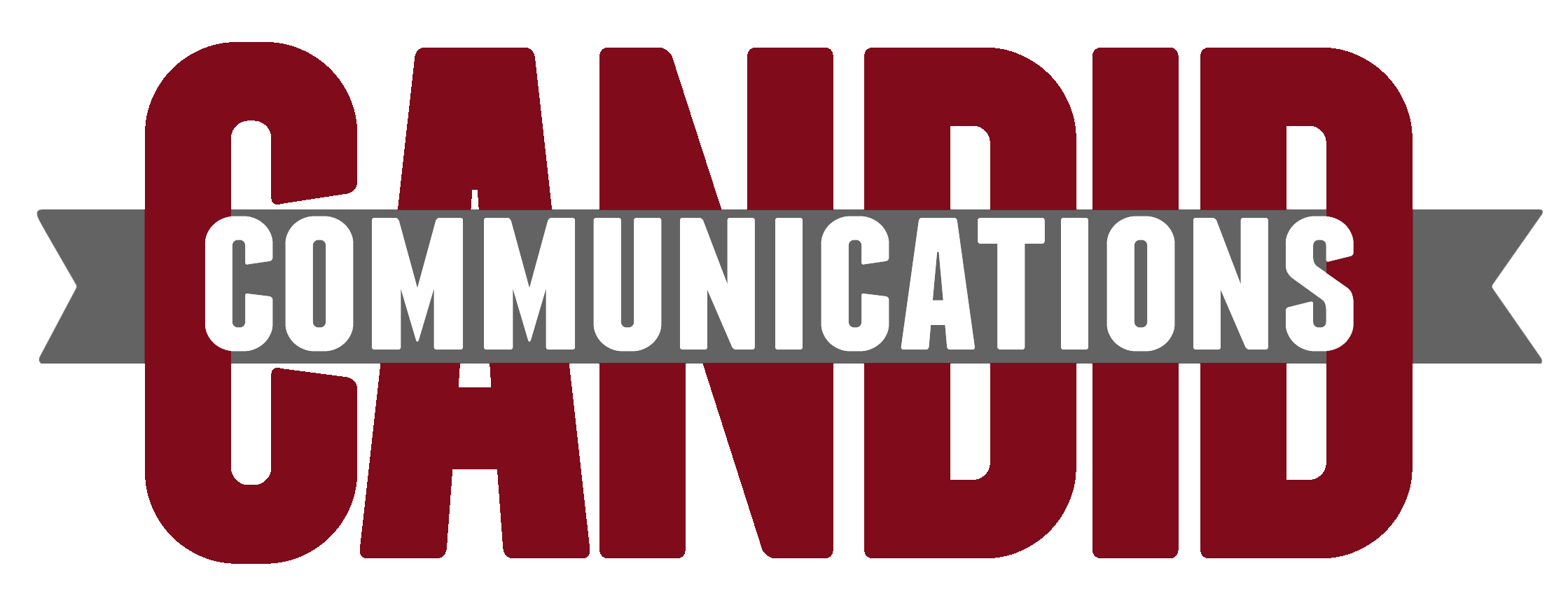There she was: an intern standing at the front of the room with senior executives and the company chairman – all agency team members for the venerable Jackson Hole Mountain Resort ad account. She reported her research findings, but the chairman, whose second love was Jackson Hole, said, “That’s not right” and set the record straight. We all agreed because he was, after all, the chairman who lived and breathed everything Jackson Hole long before any of us were on the team.
Everyone agreed, that is, except the intern – who was STILL in college! She countered, “Well, actually that IS right because I just spoke with them yesterday and they said…”
WOW! A showdown. Intern vs. Chairman. I braced myself.
Then Bob (chairman) said, “Oh, okay. I didn’t know that. You have more current information than I have.” Credit to Bob. But CREDIT to the INTERN!!

Twenty-plus years later, I still remember that incident and still work with that intern who advanced to senior positions, landed clients on the Today Show, etc., and is balancing her own PR firm demands with home-schooling kids during the pandemic.
Can you lead with courage? Can you lead with courage as a junior person in front of a roomful of senior execs? YES!
When we think of leaders, we might be tempted to think of courageous and heroic figures. The leader is the person at the vanguard of the army, leading the charge and taking the brunt of any enemy attacks. That’s what it means to be a leader in comic books and films after all.
Of course, this is not the reality for most of us. Most people will be managers and successful leaders, where there is very little gunfire or charging.
But that doesn’t mean you can rest. It is still very important to be courageous and heroic. It’s just that this courage will take a different form.
Leading Through Action
The best leaders are action-takers, like the intern. When we lead through action, we set a positive example for our team and inspire them to take action. In this way, we avoid one of the worst traits any leader can possess: hypocrisy.
Few things will inspire dissent in your ranks as quickly as being seen as hypocritical.
Nobody likes being asked to do things because they feel that their boss is simply unwilling or even afraid to do it themselves. You are in charge and with that comes responsibility. Giving the worst jobs to your team and not taking part in them yourself is an abuse of your power.
Decisiveness
Leading through action also means being decisive. It means being able to quickly make a decision and be willing to commit to that action. It means doing the homework and knowing your stuff.
Many lesser leaders make the mistake of deferring or avoiding decision-making. Their fear is that they’ll make the wrong decision and lose the respect of their staff. Their fear is they will disagree with the chairman or senior leaders and be relegated lower.
Just the opposite is likely to happen (if you do it politely…like Mama taught).
Being indecisive is worse than making an unwise or incorrect decision. Why? Because being indecisive makes a person seem weak and uncertain. And while taking action might sometimes result in a negative outcome, I’ve seen where delaying a decision has only ever had negative consequences.
Conversely, it’s nearly always inspiring to see someone who makes quick decisions, doesn’t doubt themselves and speaks up. Decisiveness also builds confidence in your team members.
Responsibility
How is decisiveness a mark of courage?
Simply put, it means that you’re willing to accept the responsibility that comes with the role of being a leader. Being a leader doesn’t mean telling others what to do and it certainly doesn’t mean getting to take all the credit.
Being a leader means taking responsibility for the team.
It means protecting them so they can do their best work. It means making decisions and being willing to deal with the consequences. It’s only when we don’t want to look bad that we avoid making decisions… and that is ultimately a mark of cowardice.
Fortitude
Finally, being a courageous leader means that you take your lumps when things do go sour. If you make a mistake, it’s important to not only own up to it, but also to stay calm and collected when you’re reprimanded by your own superiors, or when the organization risks collapsing.
Likewise, it’s absolutely crucial to remain calm in a crisis. That means setting a good example when things seem to be going wrong for the team. Prevent your team from going into a panic. I’ve often asked, “What kind of a captain do you want in charge of the ship caught in a storm? Be that captain.”
Stay calm and you’ll be able to address difficult issues in the most clear-thinking way.
How to Be the Hero They Need
Where does all this courage and stoicism come from? How can you acquire it if you don’t possess it naturally? Does it mean trying to act tough?
Not at all.
Being a truly great leader comes from having the right priorities. It means forgetting yourself and, instead, focusing on the goals of your group/team/company and the happiness that very team that makes it all happen. When you do that, it’s easy to be a courageous leader.
